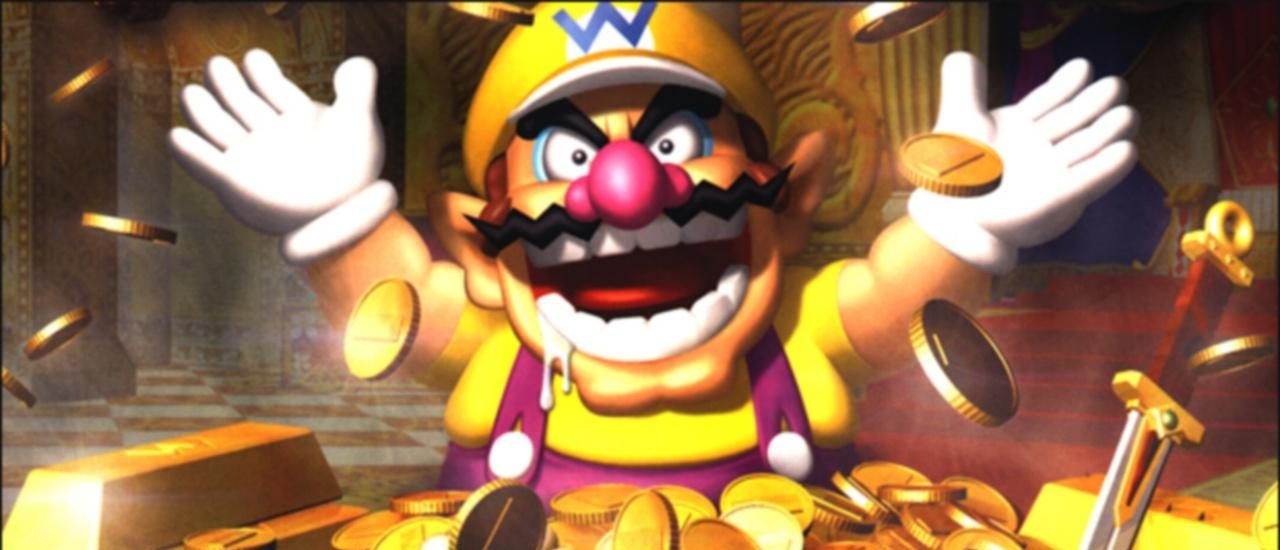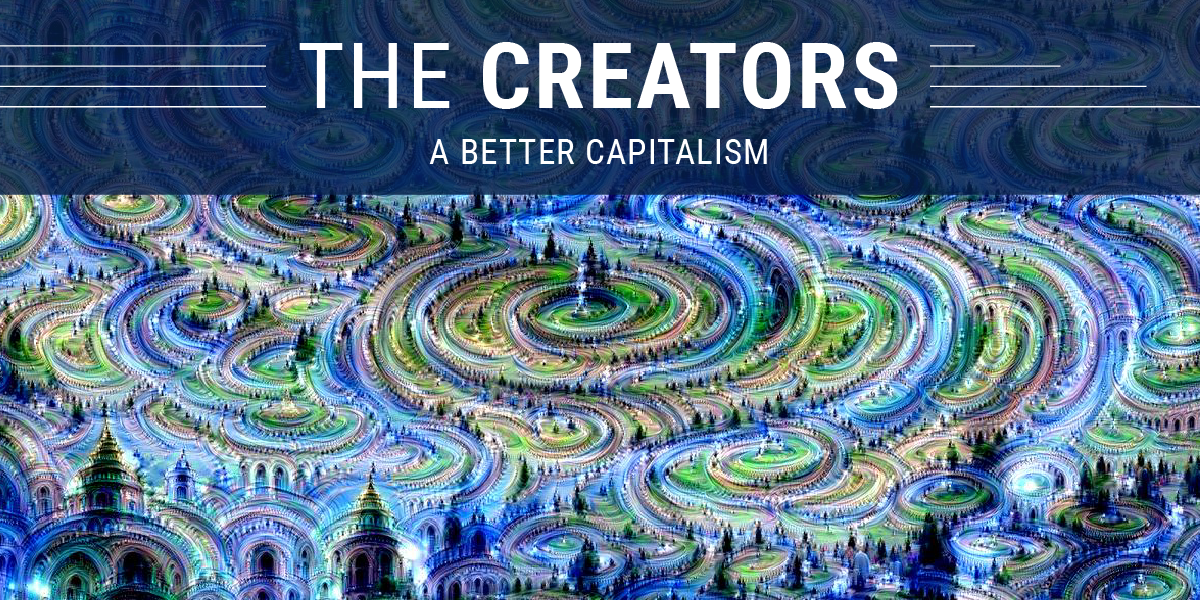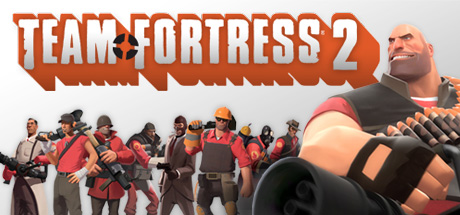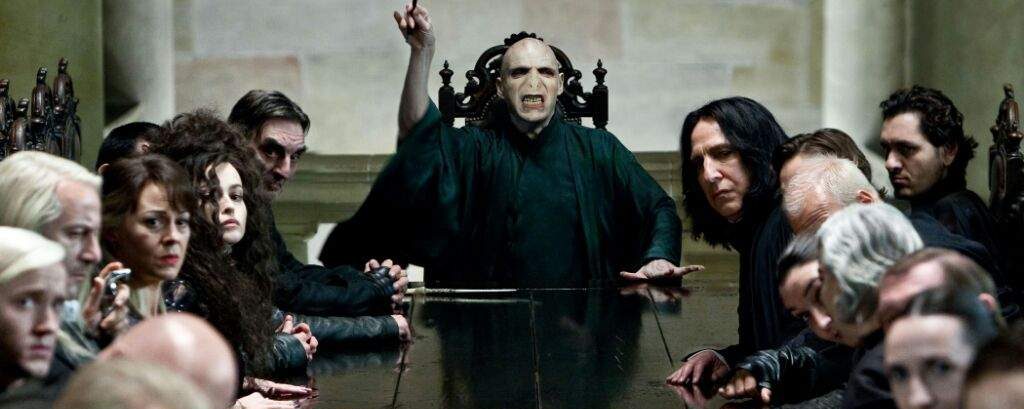This is a weird time we live in. Movies are given bad reviews because they’re not what people expected, and game developers are faulted not opening up their entire studio for a press that often wants nothing more than to write about problems with development. But it’s developers find themselves in the tightest spot, since a poorly received film is a small drop, but a badly reviewed game can sink an entire studio. This leads them towards the lion’s den of building and maintaining fan communities, and putting thousands of your fans together creates a powerful force in its own right. It’s an unenviable position since they need to find the fine line between giving the fans what they demand while making sure that the companies they run can continue to be profitable. It can be a dicey proposition, but getting it right means that your most vocal champions are on your side. But actually doing that is sometimes harder than making a great game in the first place.
A Whole New World
The example that is frequently held up as a company that is “treating its fans right” is Bethesda. Formed in 2001 and most widely known for their epic Elder Scrolls games, they’ve often had a reputation for being open with their fans. Their community pages are far reaching and well moderated, and while their blog is equal parts corporate sales and community spotlight, those parts seem to be equal.

But the thing that really puts Bethesda ahead is their support for fan community projects. Mods as they are called allow a player to make changes to a game’s core gameplay. So a simple mod might do something like update the HUD or change how inventory is managed. More advanced ones do exciting things like change Skyrim into a tropical paradise or change all of the weapons in the game. The seriously devoted use their development know-how to recreate entire continents, which if I could use a technical art term is “amaze balls.”
A lot of that starts with Bethesda’s Creation Kit. It might just be one of the coolest things that a large studio has ever continually supported, and I need to back up and get into the game development weeds a little bit to explain why. Almost every modern game that you’ve ever played has a dev team that probably numbers in the hundreds. These include artists, designers, programmers, and everybody else and they are all in the process of adding things to the game right up until the last minute.

What they are all using most of the time is a suite of programs called development tools. When a level designer builds a level, they don’t just boot up 3DS Max and start building. Instead they will often use a custom program that their in house programmers cooked up to create those levels using the game engine. This lets them design, test and iterate constantly without having to add (sometimes very large) files to the database all the time. These tools also let scripters create encounters and change the parameters of the game for different missions, and create a way for artists to add their models to the game easily (the technical term of which is the “Art Pipeline”).
The tl;dr version is that these development tools are usually the un-sexy thing that makes the game actually come together. And make no mistake, there is very little that is sexy about them. They’re often cobbled together, don’t look terribly appealing and they just need to (barely) work long enough for the game to ship. Oh, and even though they are a massive boon for developers, they are a giant pain in the ass to actually code since as the game engine changes, so too must the tools. This is one of the many reasons so many devs are using tools like Unreal Engine and Unity.
Which gets me back to the Elder Scrolls Creation Kit, which is basically the development tools that Bethesda actually used to create the game. But unlike the often discarded tools of most teams, Bethesda instead chose to polish them so that people outside of the development team could use them to create almost whatever they want. What is important to understand is that the Creation Kit isn’t just a level editor. It has that, but it also has everything else an intrepid modder needs to do basically anything.
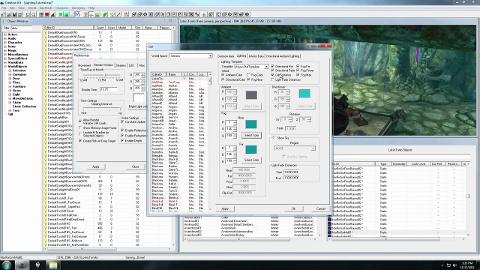
They previously released a version of the Creation Kit for Morrowind, Oblivion, Fallout 3 and Fallout 4. In doing so they helped to create a fan community and helped to foster it. There are people that look forward to a Bethesda game not just because of the game itself, but because they start thinking of what they want to build using the Creation Kit. Mods are fully supported by Bethesda, and they designed the game files so that it is very easy for players to add and remove mods to their game. Additionally, many of these mods are hosted on the Bethesda webpage where the community votes on ones that their like, and the developers can feature some of their favorites.

This of course gooses sales in the long term because mod support can make pretty drastic changes to how a game plays. So while vanilla Fallout 4 may not have been your particular cup of whiskey, maybe mods that start you off with Power Armor and another that tweaked melee combat and adds katanas to the game will stoke your dreams of being a mecha samurai. It’s only a quick reach of the wallet, or the short wait for a Steam Sale and now you own Fallout too.
In short, when a fan community wants to be involved in what they love everybody wins. The customer gets a great product that will constantly evolve and get better over time and the developer gets to make a bunch of sales and look like the good guy. Plus, as a weird side effect their devs start getting really, really good at tool creation which makes the next project that much better.
Meanwhile in the Mushroom Kingdom…
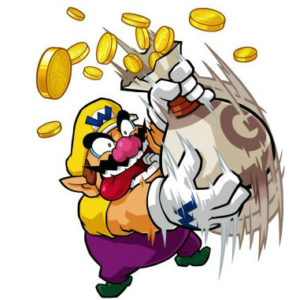
“So what the actual fuck is going on with Nintendo?” Well I’m glad you asked. Last year Nintendo was in the press for starting what seemed like a crusade against the vile, unforgivable sin of Let’s Plays and fan built dev tools. A little while ago Nintendo sent out ravens to let YouTube stars and fan made games know that if they didn’t stop they were probably going to get sued. The argument used was that these people were using Nintendo assets and creating ad revenue, which from a certain perspective is absolutely true. But Nintendo wasn’t done and introduced a nonsensical profit share thing that is even more obtuse. Basically it throws out the concept of “Fair Use” and demands that people that create content that uses Nintendo’s IP should pay them for the privilege.
It also happens to be asinine. Look, here’s a picture of Mario along with a super clickbait caption:

So now I’m using Ninty’s IP in a way that might cause people to read this, see the ads (which are right over there => ed) and earn NitWitty Entertainment Group a few shiny pennies. But saying that the Big N is entitled to the earnings based on all of the work that goes into making this happen is a silly proposition. We write about Nintendo because deep in our black hearts, we really love the games that they make and have a point of view we would like to share with similarly interested fans. Remember what we said about Bethesda offering up free support for their Creation Kit? The end was that everybody is a good guy and everybody wins. Well in this case Nintendo has managed to alienate their fans and probably cost them many dollars in the process, If there’s a worse way to try to build a strong community, I sure haven’t seen it.
But let’s dust off the rhetorical Devil’s Advocate for a moment. Maybe there some reason that Nintendo can’t just be really open with its property. In the end it doesn’t matter to Bethesda what you do with Skyrim. Go ahead and change the models so that everybody is wearing spinning tassels on their teats and it changes nothing. That because even though the Elder Scrolls are Bethesda’s IP there isn’t anything that defines them as a company. There are no mascots to be found. On the other hand, Nintendo’s IP defines them utterly. Mario is their creation and best selling property and so they have a vested interest in making sure that he is always presented in the best light. The same is true for Link, Kirby and basically everybody except Samus.

This coveting of their own IP runs both ways though. A Zelda game is never going to be rushed, and every Mario game is going to be polished to a mirror sheen. Honestly, one of the main reasons that people still buy Nintendo consoles is because the franchise games that appear exclusively on it tend to be amazing. But these things happen when a company values their IP so strongly. If Nintendo were to release a sub-par Mario, it would damage the property and directly lead to a massive loss in sales for long time. When your IP is based on quality like that, a couple of 50% Metacritic scores would leave Nintendo standing in the soup line with Sega.
Now if they were to allow fans to use their property however they would like, then the fear is that the property will be fatally undermined, so giving the keys to the mushroom kingdom to the fans might turn out to be a terrible idea in the long run. During a shareholders call a few years ago, Satoru Iwata commented on whether fan made projects would get pulled down based on “whether the expression in question socially diminishes the dignity or value of our intellectual properties or not.”

Wait, no. Nintendo actually did this.
*Facepalm*
Let’s imagine for a moment if Nintendo shipped out a full on Creation Kit with the new Legend of Zelda. A couple of things would happen immediately. First and most important, NitWitty would go on hiatus for a month because I would want to recreate Wind Waker in its entirety. Second, the other insane fan peoples would declare it’s the best thing since Majora’s Mask and make all manner of delightful fan projects. Third, somebody would make a mod so that you could see up Zelda’s skirt, and then it could devolve from there. The same goes for gameplay video too, especially if the players feel a need to comment or do things that don’t show the IP in the best light possible.
Now don’t get me wrong – I don’t totally agree with the position. When it comes to Nintendo the very people that are making mods, and doing Let’s Plays are the hard core Nintendo fans that love them. If there are people more devoted to making sure that Ninty’s IP is well represented it’s going to be them. So when they all received Cease and Desist Orders and takedown demands, it was seen by many as an egregious slap in the face. In effect, the very loyal community that Nintendo had built up for years has in many cases vocally turned on them. It shows that a community is a very powerful thing, and knowing how to best leverage that fandom is essential in the creative world that we live in.
But something that fans always need to remember is that even though you feel a “sense” of ownership of your favorite property, you don’t really own shit. Fans don’t have a say over what their favorite property does, or the directions that it goes in. Even Bethesda could change their EULA and stop supporting their Creation Kits at any time.
At the end of the day I think that the line between fan and partner needs to stay as solid as it can possibly be, and everybody can stay on their own side. Nintendo needs to recognize that their fans don’t owe them anything past the $59.99 listed on the box, and the fans need to remember that these are companies that need to put themselves and their employees first. Then creators are free to make what they love, and fans can do what they want to do anyway – play.

